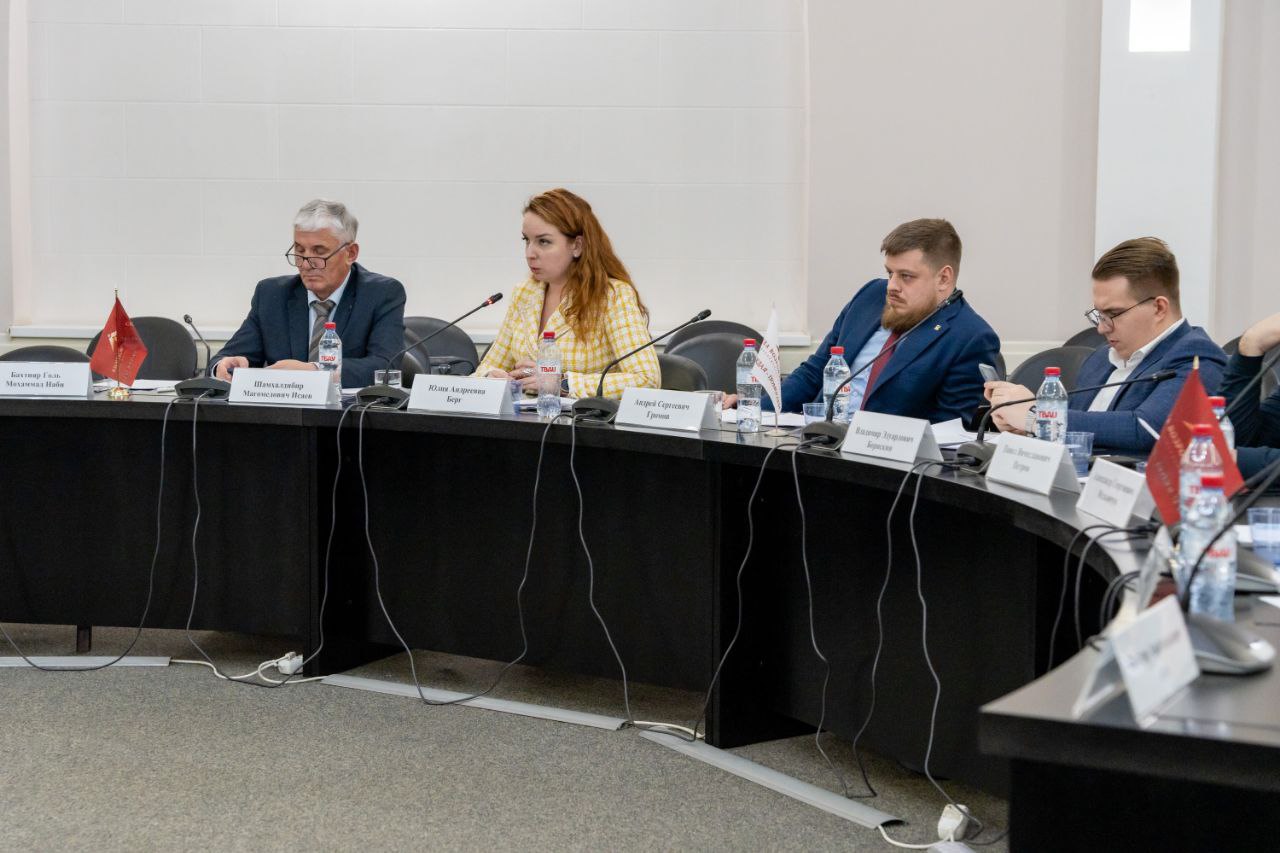Humanitarian policy and soft power: approaches and solutions to the situation in Afghanistan
On December 22, a round table "Afghanistan in global politics: Challenges or partnership?" was held, during which Julia Berg, founder of the GlobUs expert club, made a presentation.
The specialist focused on the approaches that could be or are already being used within the framework of Russian policy both at the state level and at the level of horizontal ties; public diplomacy and direct interaction, in relations between Russia and Afghanistan.
"The GlobUs Expert Club was created to discuss and develop models of the post-transformational world order. Afghanistan has experienced several rounds of turbulence and a rollback to radical fundamentalism in recent decades, so it is important to identify strategic guidelines and tactical approaches to achieve them based on the basic needs of Afghan society," Berg said.
After the battle for resources, for control and power was launched by the Western countries, active pressure was imposed. The actual economy of modern Afghanistan is largely based on illegal activities, drug trafficking or military operations, internal and external conflicts. The expert noted the options available for interaction with the modern day Afghanistan:
"Humanitarian policy or the format that is assumed mainly in the foreign policy contour of the Russian Federation is the so—called theory of small good deeds, that is, targeted local assistance, specific projects, specific interaction without claims to regime change or influence on the internal political contour. The so-called "soft power", or a set of methods used to work with NGOs, the public, and the cultural code, is the US approach, most often with the ultimate goal of regime change."
Berg stressed that in Afghanistan, whose population is at the level of struggling for the basic needs, it is necessary to pay attention to, for example, the 80% of the two and a half million school-age girls who do not have access to education, and it is necessary to start working to provide the basic needs and development.
"It is possible to talk about cooperation in a wide range of areas when the basic infrastructure is built in and the population has access to basic benefits, as well as the opportunity to get education," the specialist summed up.
On December 22, a round table "Afghanistan in global politics: Challenges or partnership?" was held, during which Julia Berg, founder of the GlobUs expert club, made a presentation.
The specialist focused on the approaches that could be or are already being used within the framework of Russian policy both at the state level and at the level of horizontal ties; public diplomacy and direct interaction, in relations between Russia and Afghanistan.
"The GlobUs Expert Club was created to discuss and develop models of the post-transformational world order. Afghanistan has experienced several rounds of turbulence and a rollback to radical fundamentalism in recent decades, so it is important to identify strategic guidelines and tactical approaches to achieve them based on the basic needs of Afghan society," Berg said.
After the battle for resources, for control and power was launched by the Western countries, active pressure was imposed. The actual economy of modern Afghanistan is largely based on illegal activities, drug trafficking or military operations, internal and external conflicts. The expert noted the options available for interaction with the modern day Afghanistan:
"Humanitarian policy or the format that is assumed mainly in the foreign policy contour of the Russian Federation is the so—called theory of small good deeds, that is, targeted local assistance, specific projects, specific interaction without claims to regime change or influence on the internal political contour. The so-called "soft power", or a set of methods used to work with NGOs, the public, and the cultural code, is the US approach, most often with the ultimate goal of regime change."
Berg stressed that in Afghanistan, whose population is at the level of struggling for the basic needs, it is necessary to pay attention to, for example, the 80% of the two and a half million school-age girls who do not have access to education, and it is necessary to start working to provide the basic needs and development.
"It is possible to talk about cooperation in a wide range of areas when the basic infrastructure is built in and the population has access to basic benefits, as well as the opportunity to get education," the specialist summed up.
